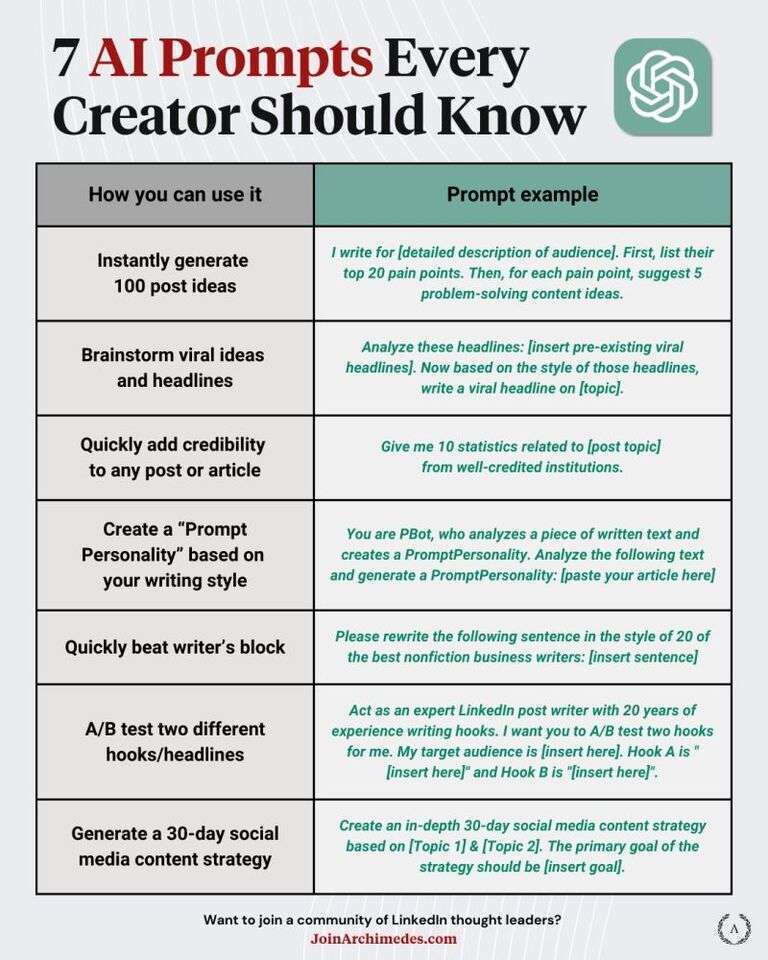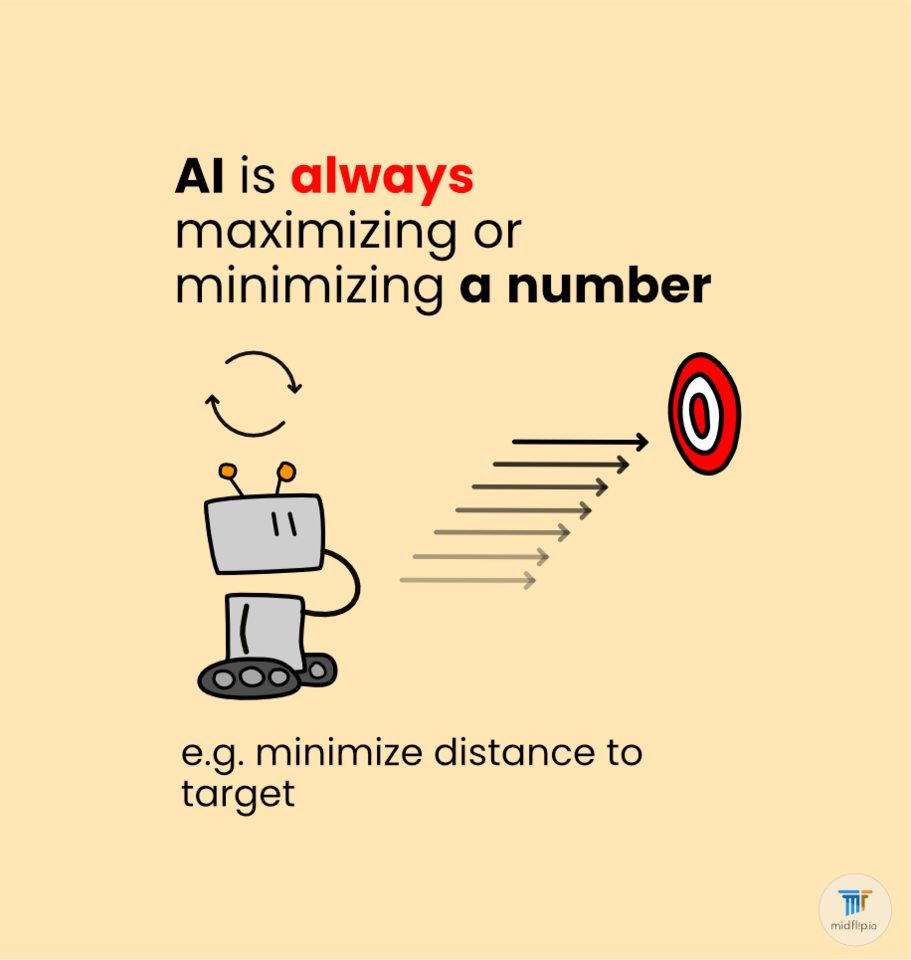What's the best method of running an economy? The entire 20th century was obsessed with this question. Millions died in pursuit of an answer.
Perhaps your immediate thought is: "No regulation! Free market capitalism is best!", or perhaps "More regulation! corporations need control!". Well here, we are going to try and not be so black and white. Here we will say sometimes regulation is good, sometimes regulation is bad. It depends on the industry and the devilish details.
Depends on how much potential there is for growth and innovation.When the United States was young it had absurd economic potential. There was plenty of land to make productive. There were plenty of new innovations that one could build a business around. In such an environment, free market capitalism works amazingly well. Competition abounds, and the best products and companies rise.
Depends on how monopolistic the industry in question is.Over time however the Power Law kicks in. The power law is natural and simple. It says that those that have more, get more. The rich get richer. The biggest companies build factories and infrastructure and political ties that give them the competitive edge. Eventually singular companies or groups start monopolizing their various industries.
When an industry is controlled by a monopoly a few problems emerge. The monopoly can start changing higher and higher prices. The monopolistic companies use their massive resources to quash competition. New companies have a much harder time rising. New ideas have a much harder time being implemented.
The term Late-Stage-Capitalism encapsulates this problem. It suggests that the economy eventually becomes stagnant as a few companies control their own sectors of society.
Depends on the industries connection to society.We cannot be entirely black and white here though, there are some advantages to monopolies. Monopolies allow for standardization and massive scale.
Communication and transportation infrastructure operates at a scale that sometimes necessitates some level of monopoly. In such case however, government regulation is likely needed. Otherwise, monopolies may ask for ridiculous prices and cut corners in production.
Even if an industry is absent of monopolies, sometimes regulation is required. Sometimes a company becomes a threat to society when it tries to maximize profits. Perhaps it spreads dangerous pollutants. Perhaps it harms consumers by forming dangerous addictive habits. Perhaps the industry by its very nature is dangerous. For example, biochemical companies are quickly creating easy-to-use biology kits that could create biochemical weapons. Perhaps that could be bad!?
Depends on the ability of the customer to differentiate between products.For some industries, the customer has very little ability to choose between different products. For example, if you got hit by a car tomorrow, and broke an arm and three ribs, would you have much choice of how you get treated? Could you choose your doctor? Choose what procedure? Choose what medication? To some extent yes, but mostly you do not have enough information, time, or options.
In such industries, competition between companies does not become who can make the best product. Instead, it becomes, who can become best embedded within the system. Thus, in this case, the most profitable companies are those who are the best at networking and politics.
So, what's the answer?I suggest the best economic system seems to be capitalism with intelligent regulation. The regulation needs to be specialized to the industry in question and may change depending on how the industry evolves. You need regulation, however enacting regulation is dangerous as it often becomes too officious or gets rigged by the monopolistic companies. Damn it's like running an economy is really difficult or something. If you can improve this page please submit a rival text!!!



Hot comments
about anything